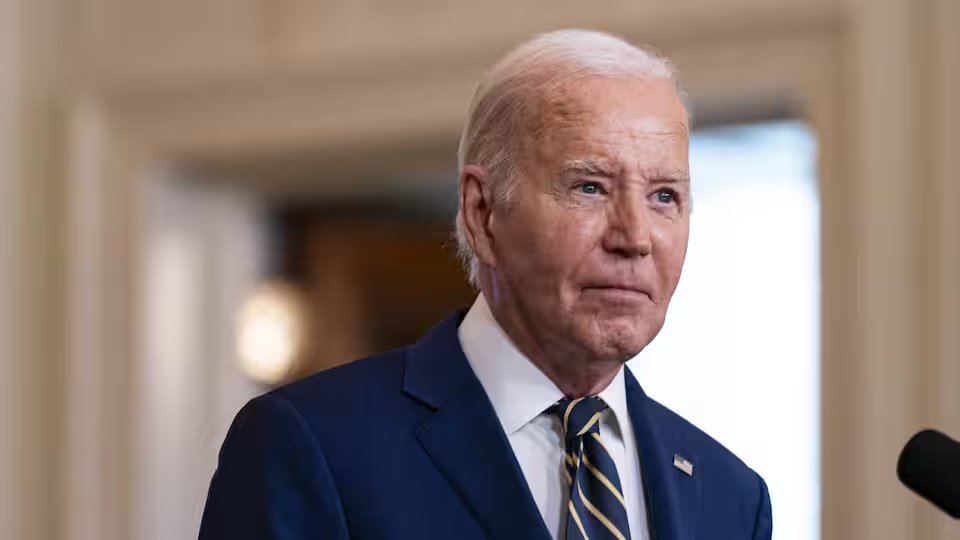
In a recent interview with Time magazine, US President Joe Biden suggested that Israeli Prime Minister Benjamin Netanyahu might be extending the Gaza war for political reasons. The comments have sparked controversy and significant diplomatic fallout.
During the interview, Biden was asked whether he believed Netanyahu was stalling on ending the war for political gain. Biden replied that there is "every reason for people to draw that conclusion." This statement came just days before the President detailed a proposal for a ceasefire in Gaza and amid Netanyahu's struggles with deep political divisions at home.
However, when questioned about his assertion later the same day at the White House, Biden appeared to walk back his claim. He stated that Netanyahu is "trying to work out this serious problem he has," indicating a more measured stance.
In the Time interview, Biden also criticized Israel's actions during the conflict sparked by Hamas' October 7 attack. While pushing for an end to the nearly eight-month war, Biden described some of Israel's conduct as "inappropriate." He expressed uncertainty about whether Israeli forces had committed war crimes in Gaza but rejected allegations that Israel was using starvation of civilians as a method of warfare. "I think they've engaged in activity that is inappropriate," Biden said. He further warned Israel not to repeat the mistakes the US made after the September 11, 2001 attacks, which led to prolonged conflicts in the Middle East.
The Israeli government responded sharply to Biden's comments. David Mencer, an Israeli government spokesperson, criticized Biden's remarks, stating that it was "outside the diplomatic norms of every right-thinking country" to make such comments about Netanyahu. The diplomatic tension highlights the complex relationship between the US and Israel, especially during ongoing conflicts.
The backdrop to this controversy is the intense and deadly conflict between Israel and Hamas. The war, which began on October 7, following a significant Hamas attack that killed more than 1,200 Israelis and took over 250 people hostage, has led to severe retaliatory measures from Israel. According to the Gaza health ministry, more than 36,470 people have been killed in Gaza since the conflict began.
The International Criminal Court's (ICC) prosecutor in The Hague has recently requested arrest warrants for Netanyahu, his defense chief, and three Hamas leaders over alleged war crimes. This legal action underscores the gravity of the situation and the international community's concern over the humanitarian impact of the conflict.
Biden's remarks reflect ongoing international scrutiny and criticism of Israel's military strategies in Gaza. Human rights groups and various international bodies have repeatedly called for a ceasefire and more significant humanitarian considerations in the conflict. Biden's proposal for a ceasefire aligns with these calls, emphasizing the need for a diplomatic resolution to prevent further loss of life and suffering.
As the conflict continues, the international community watches closely, with diplomatic relations and global stability hanging in the balance. The US, historically a staunch ally of Israel, finds itself in a challenging position, balancing support for Israel's right to defend itself with growing calls for accountability and restraint in its military operations.
In summary, President Biden's comments about Prime Minister Netanyahu potentially prolonging the Gaza war for political reasons have added a new layer of complexity to an already fraught situation. While Biden later moderated his stance, the incident has highlighted the delicate nature of US-Israel relations and the broader implications of the ongoing conflict in Gaza.











